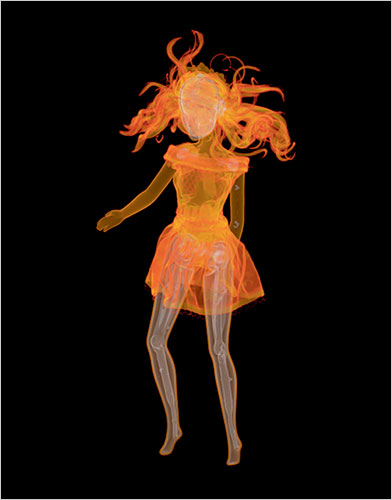Group Discussions
1.Imagine that you are going to join a MUD loosely based on medieval times. Write 2-3 sentences describing your persona for the MUD.
MUD Character’s from Watchman:
1.)A new character, the daughter of Night Owl and Silk Spectra.
2.) Female alien with powers.
3.) Short and scrawny tag a long super heroine. (Sidekick)
2. In Turkle’s piece, she discusses how men and women took on opposite genders in order to behave in ways that are more accepted or more comfortable from the opposing gender identity. What does this say about people’s perceptions of behavioral gender norms?
People often want to experience the so called freedoms that can be associated with the other gender. “The grass is always greener on the other side of the fence” idea. We have lived a life constrained as one single gender in society. For some they find it liberating to induge in foreign gender concepts and habits. People will draw from gender stereotypes and personal experiences with the opposite sex. For instance, views of a mother, sister, girlfriend, brother, or father. As well as the popular norms associated with each sex or the most obvious representation of feminitity or masculinity. Ex.) A model or army sargent.
3. Turkle also discusses the way people perceive online relationships (especially sexual ones) as real or not real. Consider that this was over 10 years ago. Do you think the distinction still holds? Why or why not? In the scenarios that she describes, how would you react? What is the relationship between gender and technology in your concept of faithfulness?
Relationships within a virtual word need to have real life boundaries. A couple in a relationship needs to agree on what is deemed appropriate and non-appropriate in a virtual world. For instance a female might think it acceptable to have cyber sex online thinking it “part of the game”. But her husband might view this as offensive and damaging to the real relationship they share.
8. Most people use their real photo in places like Facebook and change this fairly frequently. How is this like an avatar or not?
Like an avatar people expect other people to look at their image. With this thought in mind a person usually goes through great pains, whether through thought or action, to portray themselves in a specific way. Similar to actual avatars your visual representation ends up being personified version of yourself because you do not look or act like your photo 24/7.

Trackbacks and Pingbacks
Comments are closed.